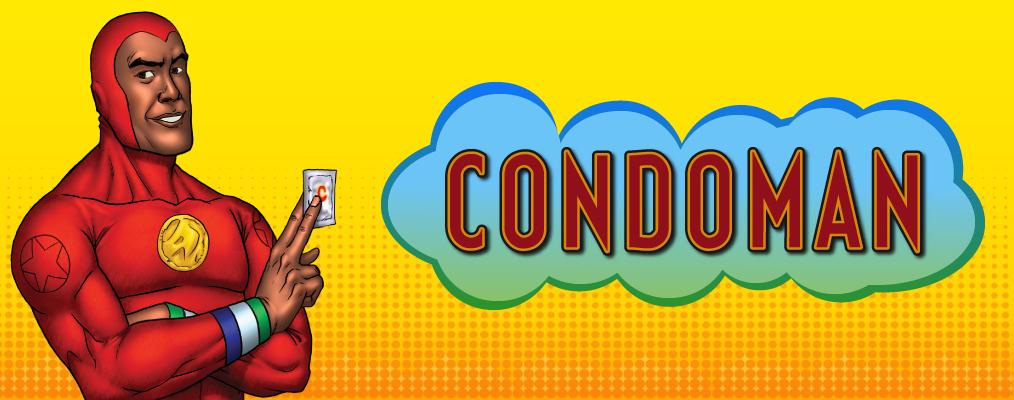What is it?
An infection of the private parts is called a sexually transmissible infection (STI).
STIs are caused by germs getting inside when you have sex with someone with an STI.
You can get private help and treatment if you have an STI.
Human papilloma virus (say Hew-man Pap-ill-loama Vai-russ)
HPV is a virus that causes small painless warts (bumps on the skin), they can be raised or flat, single or multiple, large or small. some cluster together and can look like a small cauliflower.
How do you get It?
Sexual contact - oral, vaginal, or anal (bum) sex. HPV is more likely to be passed on by someone who has warts present, but can be passed on when there are no warts on or around your private parts. Condoms help but they don't always stop warts from being passed on.
What if I have it?
HPV is a really common virus (a lot of people have it). If you notice there is some unusual growth around your genitals or something that was not there before you should come into the clinic and have it checked out.
Genital warts start as a small lump or bump. Sometimes they can be raised or flat and sometimes they grow in clusters and look like a cauliflower. The warts are usually painless, and can be easily treated.
People you have sex with
If you have genital warts, it's good to let your sexual partners know as they can be checked as well. There are good treatments for warts. Condoms help to prevent the spread of genital warts. Genital warts can be on skin not covered by a condom.
What if I don't know I have it?
Genital warts can only be detected when the warts are present on the private parts. The health worker, nurse or doctor can talk to you about treatment options.
The future
If genital warts are causing problems for you (warts keep coming back) there are treatments. Go to the clinic for a check up and talk to a Health Worker, Nurse or Doclor for more information.
Some types of HPV infection which cause genital warts can be prevented by vaccination. The vaccine is available see your doctor.




